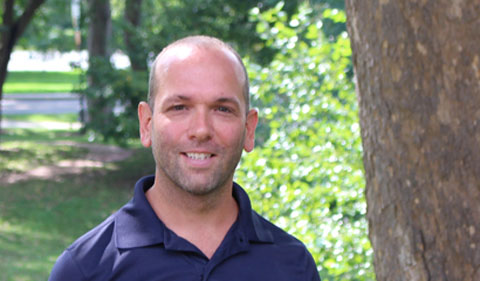Dr. Ryan Fogt was featured in a Post story headlined “On Thin Ice: How Climate Change Presents Itself in Different Areas.”
Fogt is Associate Professor of Geography and Director of the Scalia Lab at Ohio University. He leads the Sustainable Administration Hub at OHIO.
…Fogt has several research projects on the continent. All of them revolve around climate change in Antarctica and look at the role that humans may play in the phenomenon. One of Fogt’s projects looks at changes in atmospheric pressure in Antarctica, while another focuses on changes in sea ice melting rates.
Gathering this data is important, Fogt said, because records on Antarctica are sparser than most other continents. Data from Antarctica only goes back 60 years, and most continents have data spanning back between 100 and 150 years.
“So we don’t know how unique some of the changes are that we’re seeing happen, if they’ve happened before and if they’re happening faster than other places on the planet,” Fogt said. “And so what I’ve been trying to do is take records that we have and extend them back farther into time to understand better the uniqueness of them.
Correction to Post article: Sea ice melting does not lead to an increase in sea level, since the ice is floating on the water and has already displaced that volume. However, melting of the grounded West Antarctic Ice Sheet could dramatically increase sea levels up to 1 meter by 2100 if this process continues at its present rate; this concerns most Antarctic scientists as it is melting from below and may be irreversible.


















Comments